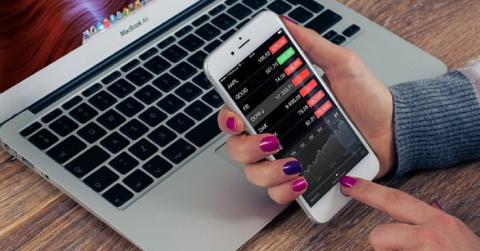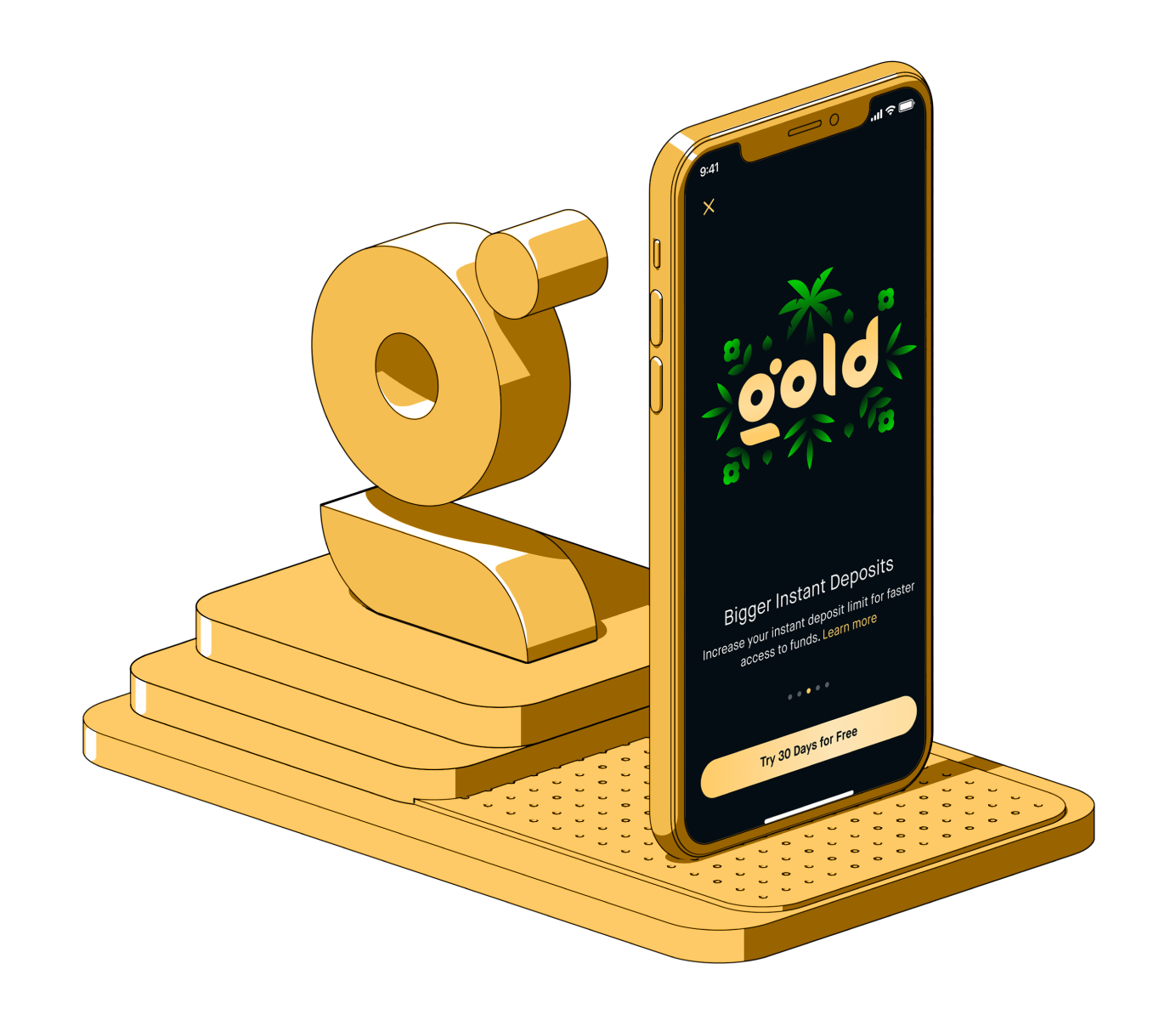With No Commissions or Fees, How Does Robinhood Make Money?
Robinhood is an online discount broker in the US. See what our analysts suggest based on comparisons with other firms.
July 30 2020, Updated 7:47 a.m. ET

The Robinhood platform lets you invest in stocks, ETFs, options, and cryptocurrencies without paying fees or commissions. Until recently, Robinhood was the only online broker providing free trades. However, many reputed online brokers like E-Trade eliminated trading fees and commissions in late 2019. As a result, Robinhood lost the competitive advantage of commission-free investment options. However, Robinhood app stands out as it offers investors free cryptocurrency trading. The app also allows investment into penny stocks.
Is Robinhood safe for investors?
Opening the Robinhood investment account and adding funds can be done on the website or mobile app within a few minutes. You just need to navigate to Robinhood’s sign-up page, verify your identity, fund your account, and submit the application.
Robinhood is absolutely safe and legit as it is regulated by the SEC. In addition, funds on Robinhood are protected by the Securities Investor Protection Corporation (or SIPC). The SIPC protects up to $500,000 for securities and $250,000 for cash claims. The investment firm is also a voluntary member of the Financial Industry Regulatory Authority (or FINRA). FINRA acts as a self-regulatory organization focused on brokerage firms and agents. As a result, investors can trade with nothing to worry about.
How does Robinhood make money?
With no commission or annual fee, how does Robinhood make money? The investment firm has multiple other channels for revenue, including marginal interest and premium accounts. Robinhood charges a starting fee of $5 per month for its premium service, Robinhood Gold. The premium service gives customers access to up to $1,000 of margin. It means users can invest up to $1,000 more than the amount of funds in their account. Robinhood also charges interest when its margin customers borrow money over $1,000 to buy or short stocks.

Robinhood also earns money by lending stocks bought on margin to counterparties. The investment firm sends users' buy or sell orders to market makers for execution. Market makers offer rebates to Robinhood to compete with exchanges. According to a Bloomberg report, Robinhood earns nearly half of its revenues from market makers like Two Sigma Securities and Citadel Securities.
According to Robinhood, “Robinhood Securities generates income on uninvested cash that isn't swept to the Cash Management network of program banks, primarily by depositing this cash in interest-bearing bank accounts.” Further, “Sutton Bank, which issues the Robinhood debit card pursuant to license by Mastercard® International Incorporated, receives an interchange fee that is passed to Robinhood Financial, our US introducing broker.” Interchange fees cover things such as fraud loss and transaction processing.
Robinhood versus E-Trade
E-Trade is the oldest online brokerage firm and was founded in 1982. Robinhood is much newer, with a foundation in 2013. In October 2019, E-Trade eliminated its high $6.95 trade commissions to $0 for investments into online stocks, options, and ETFs. Robinhood also charges $0 for each buy or sell order. E-Trade reduced its options contract charge to $0.65 last year, while Robinhood charges $0.
Robinhood provides limited investment options as compared to E-Trade. You can’t invest in mutual fund schemes or fixed-income securities through Robinhood, while E-Trade offers these investment options. While E-Trade provides banking facilities like savings as well as checking accounts, and debit cards, Robinhood only provides debit cards.
Morgan Stanley plans to acquire E-Trade for $13 billion by the end of this year.
